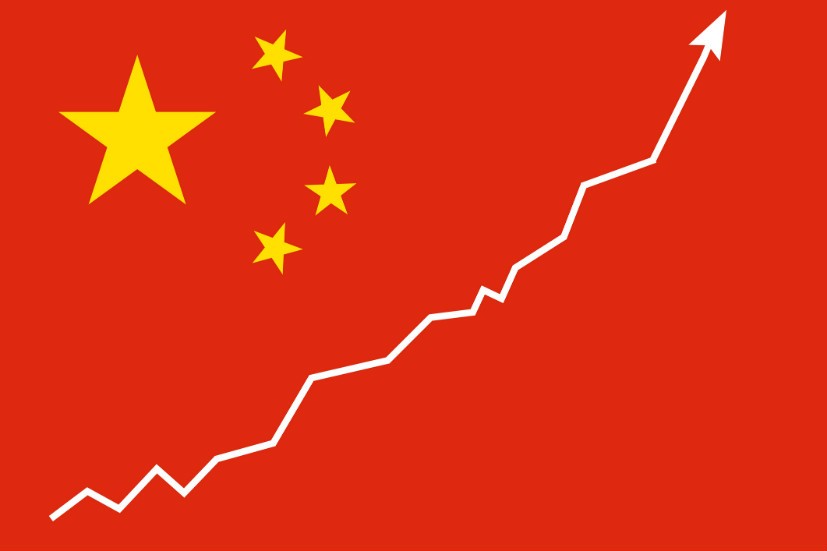The State Council announced tax cuts should reduce firms’ costs by more than $6.59 bn this year, according to state radio. The measures are set to act as relief for exporters in the country.
Beijing is ramping up its infrastructure spending and has offered to help smaller companies in the country—as China’s economy cools and US trade tensions intensify. It has pledged to be proactive in its fiscal policy as economic growth slows and firms struggle with tight liquidity and weak demand. This is due at least in part to a deleveraging campaign meant to reduce overall risks.
The Cabinet stated: “Cutting taxes and reducing costs are a key initiatives in implementing active fiscal policy and ensuring a stable economy.”
At the meeting chaired by Premier Li Keqiang, the Cabinet decided to increase the rate of export tax rebates for some products, and increased the amount banks can lend to small firms and hot have to pay taxes on interest income.
The cabinet also decided that foreign investors will also not have to pay enterprise or value added taxes on interest income earned in the domestic bond market for the next three years.

